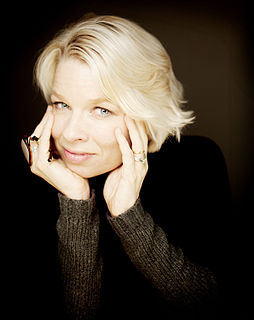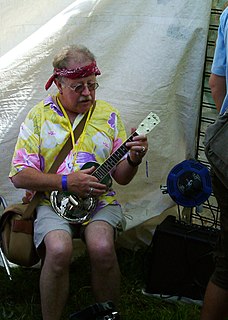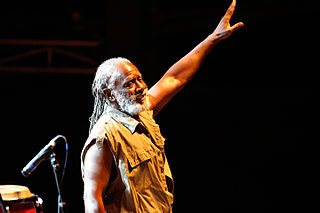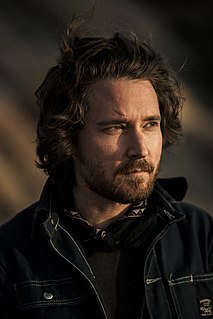A Quote by Shweta Basu Prasad
Folk tales are the most authentic way of understanding a region, its legend and people.
Related Quotes
For most of human history, 'literature,' both fiction and poetry, has been narrated, not written — heard, not read. So fairy tales, folk tales, stories from the oral tradition, are all of them the most vital connection we have with the imaginations of the ordinary men and women whose labor created our world.
Myths, as compared with folk tales, are usually in a special category of seriousness: they are believed to have "really happened,"or to have some exceptional significance in explaining certain features of life, such as ritual. Again, whereas folk tales simply interchange motifs and develop variants, myths show an odd tendency to stick together and build up bigger structures. We have creation myths, fall and flood myths, metamorphose and dying-god myths.
Those so-called records in the Bible were written by devout ecclesiasts who wanted to believe, and wanted others to believe, in the coming of a Messiah. Until someone proves otherwise, therefore, these stories must be considered nothing more than folk tales consisting in equal parts of legend and wish fulfillment.
I think there's a difference between the type of folk music that people put into the box of "folk music" and then there's the kind of folk music that I aspire to and am in awe of, and that is the kind of folk music where it's very limited tools - in most cases a guitar, in a self-taught style that is idiosyncratic and particular to that musician.

































